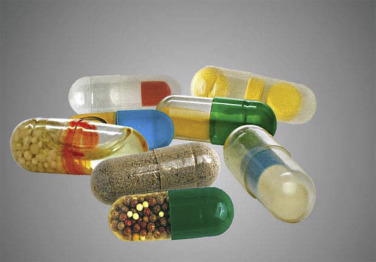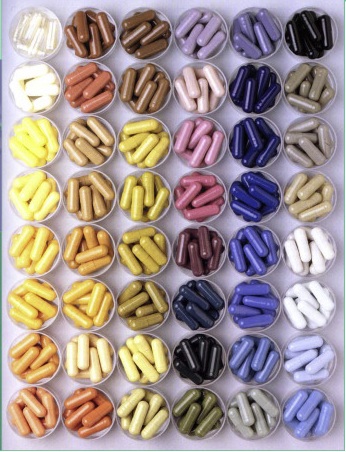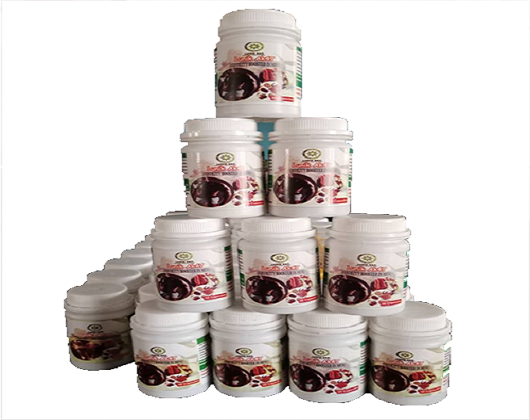Capsules dosage and dosage forms
Capsules are a convenient way to give powdered herbs because they conceal unpleasant tastes or textures. A drawback is that even large capsules can only hold 300 to 600 mg of powdered herb, which means that sometimes many capsules need to be taken to achieve adequate doses. Capsules containing herbal formulations are subjected to the same limitation of flexibility as tablet formulations. Single herbs in capsules do confer prescription flexibility, since one merely prescribes each of the required herbs in capsule form. The disadvantage is that the patient may need to take a large number of capsules in order to achieve adequate doses for several herbs. Concentrated extracts can be used in capsules instead of the powdered herb.



